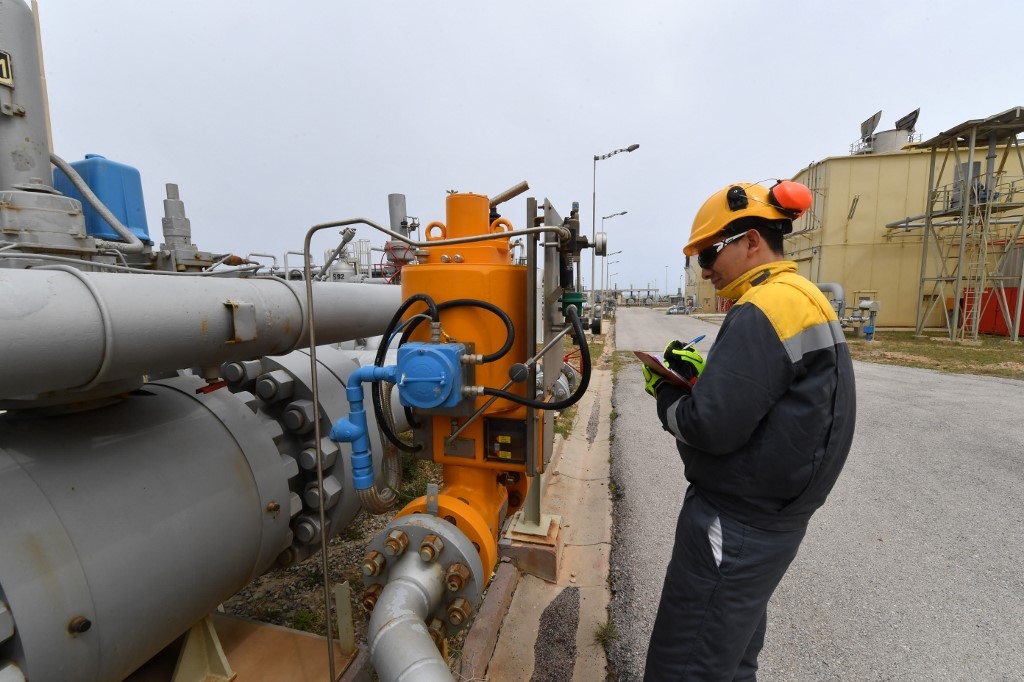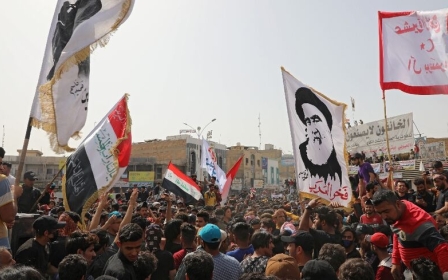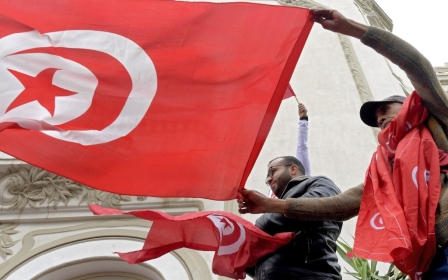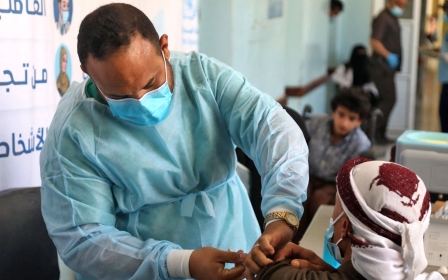Tunisia hikes cooking gas, fuel prices in bid to cut subsidies

Tunisia is raising the price of cooking gas cylinders by 14 percent and fuel by 3 percent as part of a plan to reduce energy subsidies, a policy change wanted by the country's international lenders.
The energy ministry on Saturday said the cooking gas price will increase to 8.80 dinars ($2.75), the first raise in 12 years.
The petrol price will be raised on Tuesday to 2.40 dinars per litre, a 3 percent increase, the ministry said in a statement.
The rise in fuel prices is the fourth this year. Tunisia expects its budget deficit will expand to 9.7 percent of gross domestic product in 2022, up from a previously expected 6.7 percent, due to the stronger dollar and a sharp increase in grain and energy prices.
The North Africa country, suffering from its worst financial crisis, is trying to agree on a new financing programme with the International Monetary Fund.
The energy balance deficit doubled to $1.87bn in the first eight months of 2022 compared with $910m last year, driven by the impact of the war in Ukraine.
Earlier this month, Hamish Kinnear, Middle East and North Africa analyst at Verisk Maplecroft, told Middle East Eye that Tunisia is one of the main countries in the region dependent on food and fuel imports and "exposed to high international prices".
At the time, he warned that Tunisia, widely seen as the epicentre of the Arab Spring, remains "vulnerable to civil unrest risk".
After a referendum vote on Tunisia's new constitution in July, plagued by a low turnout and a boycott from opposition groups, President Kais Saied consolidated his one-man rule, rolling back the country's democratic experiment.
"Political chaos [in Tunisia] is hampering efforts to secure economic aid from international financial institutions like the IMF, though any deal with the IMF is likely to include austerity measures that provoke further civil unrest," said Kinnear.
Middle East Eye propose une couverture et une analyse indépendantes et incomparables du Moyen-Orient, de l’Afrique du Nord et d’autres régions du monde. Pour en savoir plus sur la reprise de ce contenu et les frais qui s’appliquent, veuillez remplir ce formulaire [en anglais]. Pour en savoir plus sur MEE, cliquez ici [en anglais].





